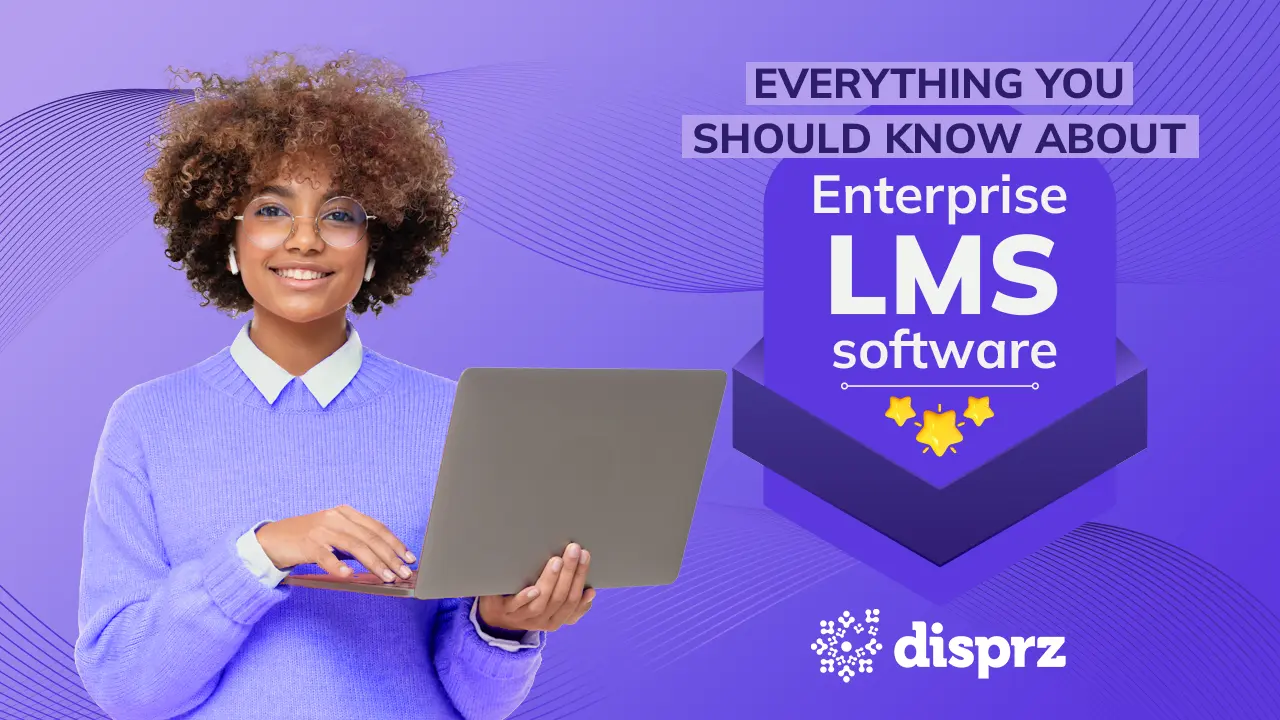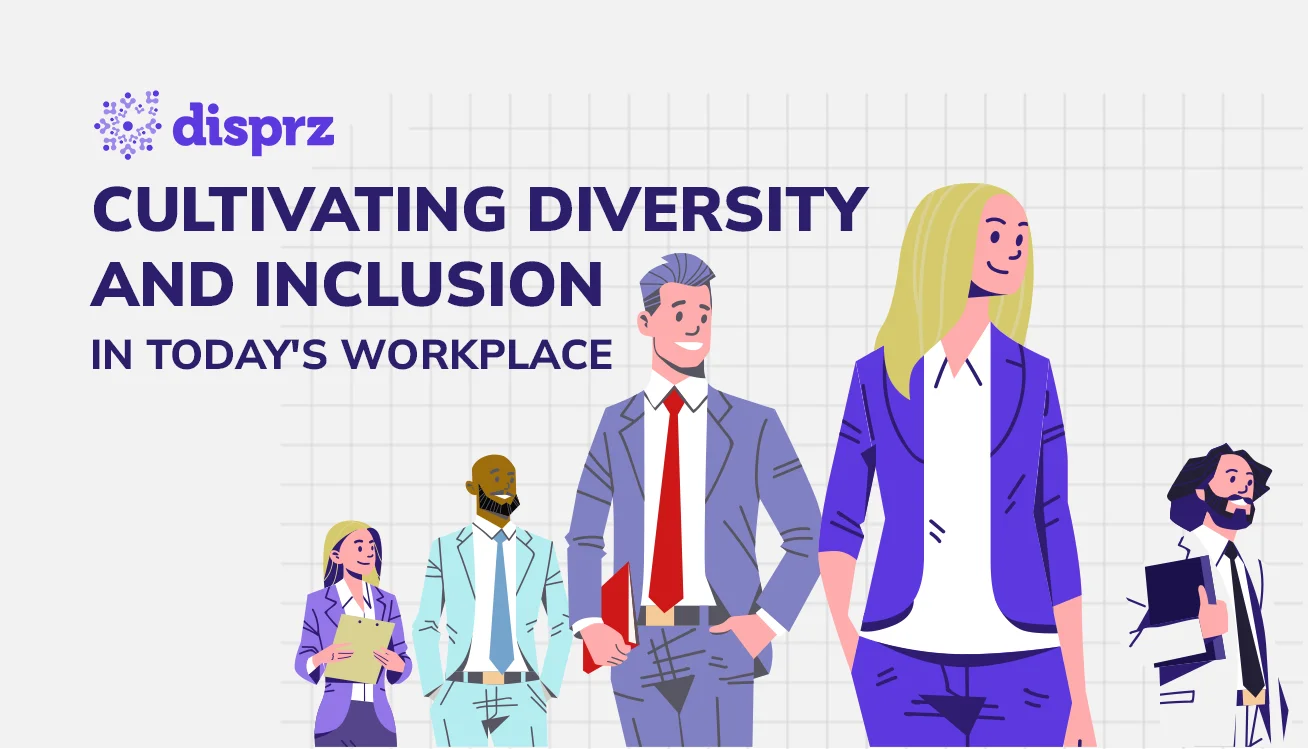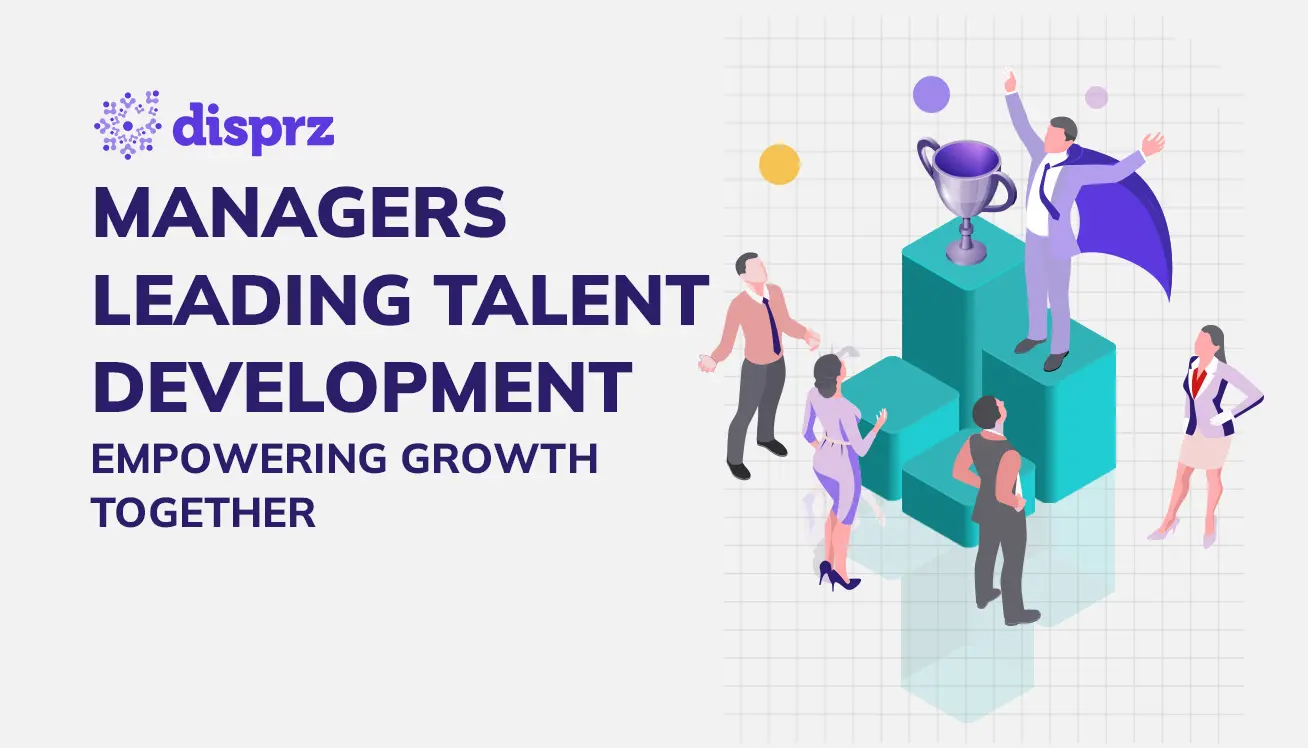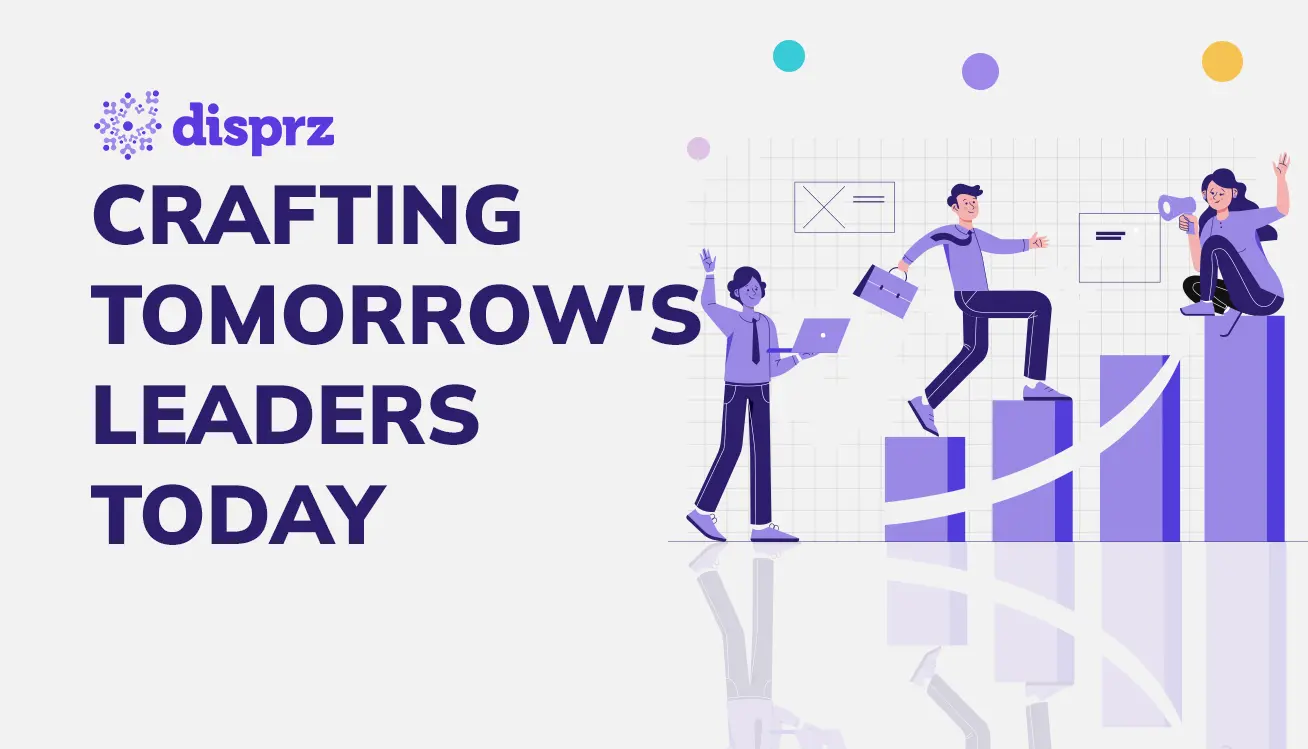-
eBookEmployee Upskilling - A Detailed Blueprint For Building A Skills-Driven Learning Culture
In the dynamic landscape of learning and development (L&D), staying ahead of the curve is paramount. One critical aspect is the Learning Management System (LMS), which serves as the backbone of online learning for your employees. However, many organizations still rely on outdated, legacy LMS systems that hinder rather than enhance learning experiences. According to a 2023 Brandon Hall Group study, 45% of organizations consider their current learning technology inadequate to meet their needs.
Here we delve into the top reasons why it's time to bid farewell to your legacy and outdated LMS, and embrace modern next-gen solutions.
What is a Legacy LMS Solution?
A Legacy LMS solution refers to an outdated learning software used by organizations to manage, deliver, and track their training and learning programs. These systems were typically developed and implemented in the early stages of eLearning technology and may have been effective at the time of their launch. However, over time, they have become outdated and unable to keep up with today’s evolving needs and advancements.
Also, legacy LMS software suffer from various limitations, including outdated user interfaces, limited functionality, lack of scalability, poor integration options with other software, and inadequate support for modern learning formats such as mobile or social learning. They are often replaced by modern, digital LMS systems.
Challenges of Legacy LMS for Modern Learning Needs
Some defining characteristics of legacy LMS software are:
- Limited Functionality: Legacy LMS solutions often offer a restricted feature set and may struggle to accommodate newer eLearning formats like mobile or social learning.
- Outdated User Interface: These systems frequently feature outdated user interfaces, complicating navigation and usage.
- Poor Scalability: These systems might not have the capacity to support large user numbers or handle high traffic levels.
- Limited Reporting and Data Analytics: Legacy LMS software might lack advanced reporting and data analytics features, making it challenging to monitor student progress or assess the efficacy of eLearning.
- Poor Accessibility: These systems may not adhere to web accessibility standards, posing difficulties for users with disabilities in accessing and utilizing the system.
- Limited Support: These systems may lack active development or support from the vendor, resulting in challenges in obtaining assistance or resolving technical issues.
- Limited Integration: Legacy LMS software may lack the ability to integrate with other software systems or third-party tools.
3 Reasons to Replace Your Outdated LMS Solution
Next-Gen LMS Solutions Provide Enhanced User Experience
Legacy LMS solutions often suffer from clunky interfaces, outdated design, and limited functionality. This results in frustrated users and decreased engagement with learning materials. On the other hand, next-gen and modern LMS solutions prioritize user experience, offering intuitive interfaces, responsive design, and seamless navigation. By upgrading to a new LMS, you can provide learners with a more enjoyable and efficient learning journey, leading to increased participation and better retention rates.
Next-generation LMS solutions will provide a transformative leap in your employees’ learning experience, revolutionizing the way learners interact with learning content. Modern solutions prioritize intuitive design, responsive interfaces, and seamless navigation, ensuring that users can effortlessly access and engage with course materials. With user-centric features such as customizable dashboards, personalized learning paths, and interactive content formats, next-gen LMS solutions empower learners to take control of their educational journey.
Additionally, advanced analytics capabilities provide valuable insights into learner behavior and performance, enabling instructors and administrators to tailor learning experiences and optimize outcomes. By placing user experience at the forefront, next-gen LMS solutions redefine the learning landscape, fostering greater engagement and satisfaction.
Modern LMS Tools Are Mobile-Friendly, Scalable and Flexible
To transition L&D strategies into the digital era, organizations need to adopt adaptable, mobile-responsive tools. Legacy LMS solutions demand extensive databases, consume substantial computer memory, and pose challenges in terms of management and operation. Typically, these systems lack intuitive designs, imposing a learning curve on users who must navigate the solution before engaging with course content. Moreover, for businesses accustomed to longstanding LMS solutions, compatibility issues arise as many systems struggle to function effectively on contemporary computers.
Also, legacy LMS systems are often inflexible and struggle to adapt to changing requirements. They may lack support for new content formats, integration with other systems, or scalability to accommodate a growing user base. Modern LMS solutions are built with scalability and flexibility in mind, allowing organizations to easily customize, expand, and integrate their learning solutions as needed. Whether it's adding new courses, supporting different learning modalities, or integrating with third-party tools, a modern LMS empowers organizations to stay agile and responsive to evolving demands.
Modern LMS are Interactive and Data-Driven
Legacy LMS systems demand substantial involvement from training managers in terms of reviewing, operating, and subsequently tracking learner progress. Although these tasks are inherent to any training endeavor, the differentiating factor between legacy LMS and modern LMS lies in their utilization of data and interactivity. Both of these LMS attributes are of considerable benefit to both the training manager and the learner. Through data-driven LMS solutions, organizations and training managers gain the ability to monitor course advancement, develop tailored courses to address specific needs, and automatically suggest new learning initiatives to learners.
In addition, legacy LMS solutions typically offer basic features and limited analytics capabilities, making it challenging for organizations to track learner progress, measure effectiveness, and optimize learning experiences. On the other hand, modern LMS solutions come equipped with a wide range of advanced features and robust analytics tools. From gamification and social learning features to personalized recommendations and predictive analytics, these solutions offer powerful insights into learner behavior and performance. By leveraging data-driven insights, organizations can identify trends, diagnose issues, and continuously improve their training programs for maximum impact.
Conclusion
In today's fast-paced world, organizations cannot afford to be held back by outdated, legacy LMS software. By embracing modern solutions, you can unlock the full potential of digital learning, enhance employee experiences, adapt to changing needs, and drive better outcomes. If you're still relying on a legacy LMS, now is the time to make the switch and propel your organization forward into a new era of L&D.
Download our purple paper to discover the game-changing attributes of next-gen learning solutions, emphasizing on adaptability, personalization, and data-driven insights.
About the author
-3.png)
Rahul Kumar
Rahul Kumar, an experienced content marketing professional at Disprz.ai, harbors a profound passion for learning and development (L&D), talent management, and human resources (HR) technology. With over 14 years of experience in the B2B industry managing and contributing to various publications, he leverages his unique storytelling abilities to bring L&D industry trends and analysis to life. Rahul is an engineering graduate and MBA holder and has written extensively on topics such as employee engagement, future of work, and workforce priorities.
More Resources
4 min read
• 15 Apr 2024
Unlocking the Power of Managerial Engagement in Talent Development
4 min read
• 09 Apr 2024
Nurturing Excellence in Building Leadership Pipelines
Sign up to get free resources and stay up to date with Disprz!
Discover how Disprz can align learning and upskilling with your desired business outcomes.






